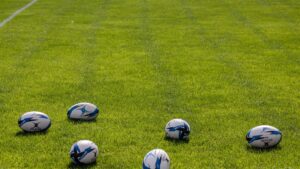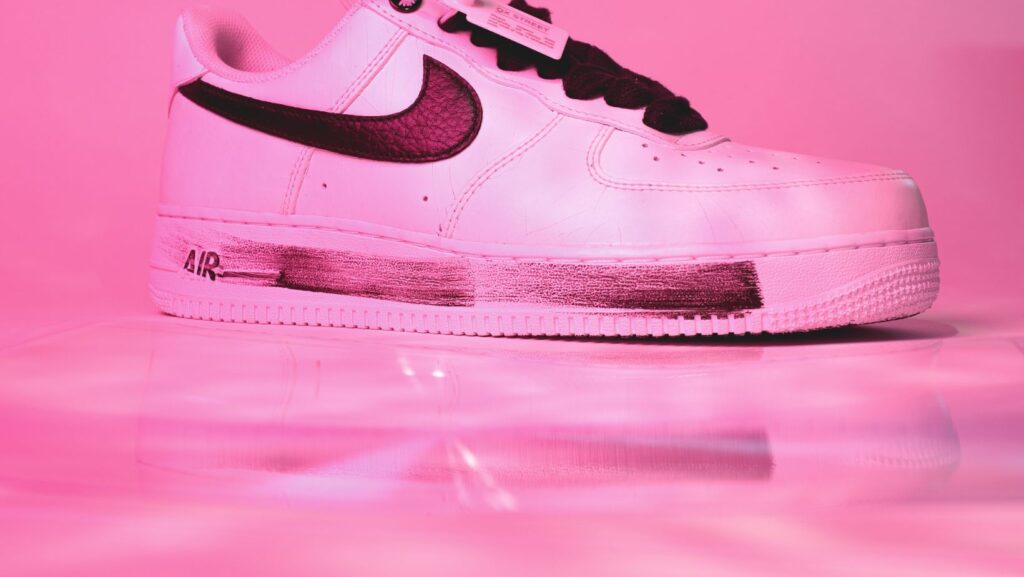How to Start a Sporting Goods Store
 Are you passionate about sports and looking to turn that passion into a thriving business venture? Starting a sporting goods store can be a rewarding and exciting opportunity for entrepreneurs eager to cater to the needs of sports enthusiasts. From athletic apparel to equipment, a sporting goods store offers a wide range of products to customers of all ages and interests.
Are you passionate about sports and looking to turn that passion into a thriving business venture? Starting a sporting goods store can be a rewarding and exciting opportunity for entrepreneurs eager to cater to the needs of sports enthusiasts. From athletic apparel to equipment, a sporting goods store offers a wide range of products to customers of all ages and interests.
In this article, you’ll discover essential steps and valuable insights on how to kickstart your own sporting goods store successfully. Whether you’re a sports enthusiast yourself or simply intrigued by the idea of running a retail business in the sports industry, this guide will provide you with practical tips and strategies to set up your store for success. Get ready to dive into the world of sports retail and learn how to establish a thriving sporting goods store that stands out in the competitive market.
Researching the Market
To ensure success when starting a sporting goods store, one must begin by thoroughly researching the market. This involves analyzing industry trends and identifying the target audience.
Analyzing the Industry Trends
One of the critical steps in setting up a sporting goods store is examining industry trends. By analyzing the latest trends in sporting goods, entrepreneurs can stay ahead of the competition and understand what products are in high demand. For example, tracking the growing popularity of eco-friendly sporting goods can guide the store in stocking environmentally friendly products such as reusable water bottles and recycled materials.
Identifying the Target Audience
Understanding the target audience is paramount for the success of a sporting goods store. By identifying the specific demographics, interests, and preferences of potential customers, entrepreneurs can tailor their product selection and marketing strategies to meet their needs effectively. For instance, recognizing that young adults aged 18-30 are avid outdoor enthusiasts can help in curating a selection of hiking and camping gear targeted towards this demographic.
Business Plan Development
Deciding on a Store Location
Selecting an ideal store location is crucial for a sporting goods business. It’s essential to choose a site with high foot traffic, preferably near sports facilities or in a shopping district. Accessibility and visibility play a significant role in attracting potential customers. Additionally, considering the proximity to competitors can help in strategic positioning and differentiation strategy.
Inventory Selection and Suppliers
After thoroughly understanding market trends, a crucial aspect of starting a sporting goods store is selecting the right inventory and reliable suppliers.
- Researching best-selling items in the sports industry can guide entrepreneurs in curating a competitive inventory. By examining popular sports gear like basketballs, running shoes, and yoga mats, retailers can cater to a wide customer base.
- Diversifying the product range is essential to meet various sporting needs. Including equipment for popular sports such as soccer, tennis, and cycling ensures a comprehensive selection that appeals to different athletes.
- Partnering with reputable suppliers is vital for securing high-quality products. Establishing relationships with trusted brands like Nike, Adidas, and Wilson can enhance the store’s credibility and attract customers looking for top-notch sporting goods.
- Negotiating favorable terms with suppliers, such as bulk discounts or flexible payment options, can help in managing inventory costs and maximizing profitability. Building strong partnerships with suppliers is key to ensuring a consistent supply of goods for customers.
 Keeping track of inventory turnover rates is essential to avoid overstocking or understocking products. Utilizing inventory management systems can streamline the process and provide insights into which items are selling well, enabling informed purchasing decisions.
Keeping track of inventory turnover rates is essential to avoid overstocking or understocking products. Utilizing inventory management systems can streamline the process and provide insights into which items are selling well, enabling informed purchasing decisions.
By strategically selecting inventory and cultivating reliable supplier relationships, aspiring sporting goods store owners can position their business for success in the competitive sports retail market.
Establishing a successful sporting goods store requires a strategic approach that encompasses thorough market research, targeted marketing strategies, effective financial planning, and a focus on operational efficiency. By prioritizing partnerships with reputable suppliers, engaging in diverse marketing techniques such as social media, email campaigns, and SEO, and maintaining a keen eye on financial management through budgeting and profit analysis, store owners can position themselves for long-term success in the competitive sports retail industry.



